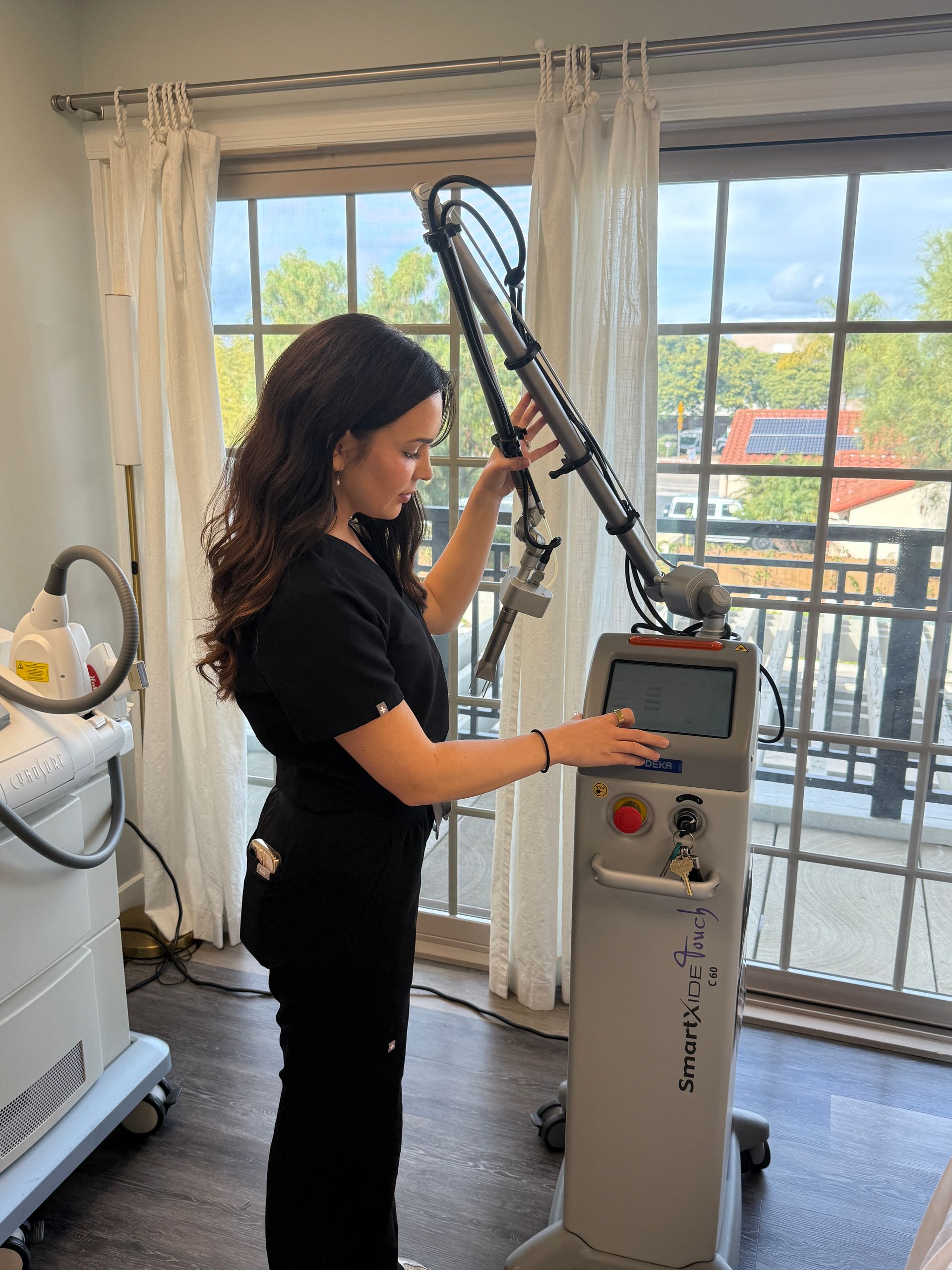Importance of Regular Check-ups: Preventive Healthcare for All Ages
November 14, 2023
Importance of Regular Check-ups: Preventive Healthcare for All Ages
In the fast-paced world we live in, it's easy to prioritize immediate concerns over long-term health. However, the old adage "prevention is better than cure" couldn't be more accurate when it comes to your well-being. At Kind Health Group, we are dedicated to promoting the significance of regular check-ups as a cornerstone of preventive healthcare for individuals of all ages.
When was the last time you scheduled a check-up with your healthcare provider? Whether you're in the prime of your life or gracefully aging, routine check-ups play a vital role in ensuring your health remains on the right track. These appointments are not just for when you're feeling unwell – they are an essential part of maintaining good health and catching potential issues early.
Early Detection is Key
Regular check-ups enable healthcare professionals to identify health concerns in their earliest stages. This proactive approach can make a world of difference in the effectiveness of treatments and the potential for full recovery. From high blood pressure and diabetes to cancer and heart disease, many conditions can be managed more effectively when detected early.
Tailored Care for Every Life Stage
Different life stages come with unique health considerations. Children require vaccinations and developmental assessments, while adults may need cholesterol checks and cancer screenings. As we age, bone density tests and cholesterol level monitoring become increasingly important. At Kind Health Group, we offer comprehensive care that caters to your specific needs, ensuring you receive the right interventions at the right time.
Building a Trusted Patient-Provider Relationship
Regular check-ups foster a strong patient-provider relationship based on trust and open communication. When you visit your healthcare provider regularly, they get to know your medical history, lifestyle, and individual needs. This familiarity allows them to provide personalized guidance and recommendations tailored to your health goals.
Lifestyle Guidance and Disease Prevention
Preventive healthcare goes beyond diagnosing illnesses. It's about working together to develop a holistic approach to your well-being. During your check-up, your healthcare provider can offer guidance on nutrition, exercise, stress management, and other lifestyle factors that contribute to your overall health. This proactive approach can help prevent health issues from arising in the first place.
Empowerment Through Knowledge
Knowledge is power, and regular check-ups empower you with the knowledge you need to make informed decisions about your health. By staying informed about your body's condition, you can take active steps to mitigate risks, maintain wellness, and enjoy a higher quality of life.
Your Health is Our Priority
At Kind Health Group, we are passionate about guiding you on your journey to optimal health. Regular check-ups are the cornerstone of preventive care, and we're here to ensure you receive the attentive and comprehensive care you deserve. If you're due for a check-up or have any health concerns, don't hesitate to reach out to us at 760.701.5463 or through our secured texting line at 760-492-7986.
Remember, investing in your health today can yield a lifetime of benefits. Make regular check-ups a priority, and take proactive steps towards a healthier, happier you. Your well-being is worth it.









